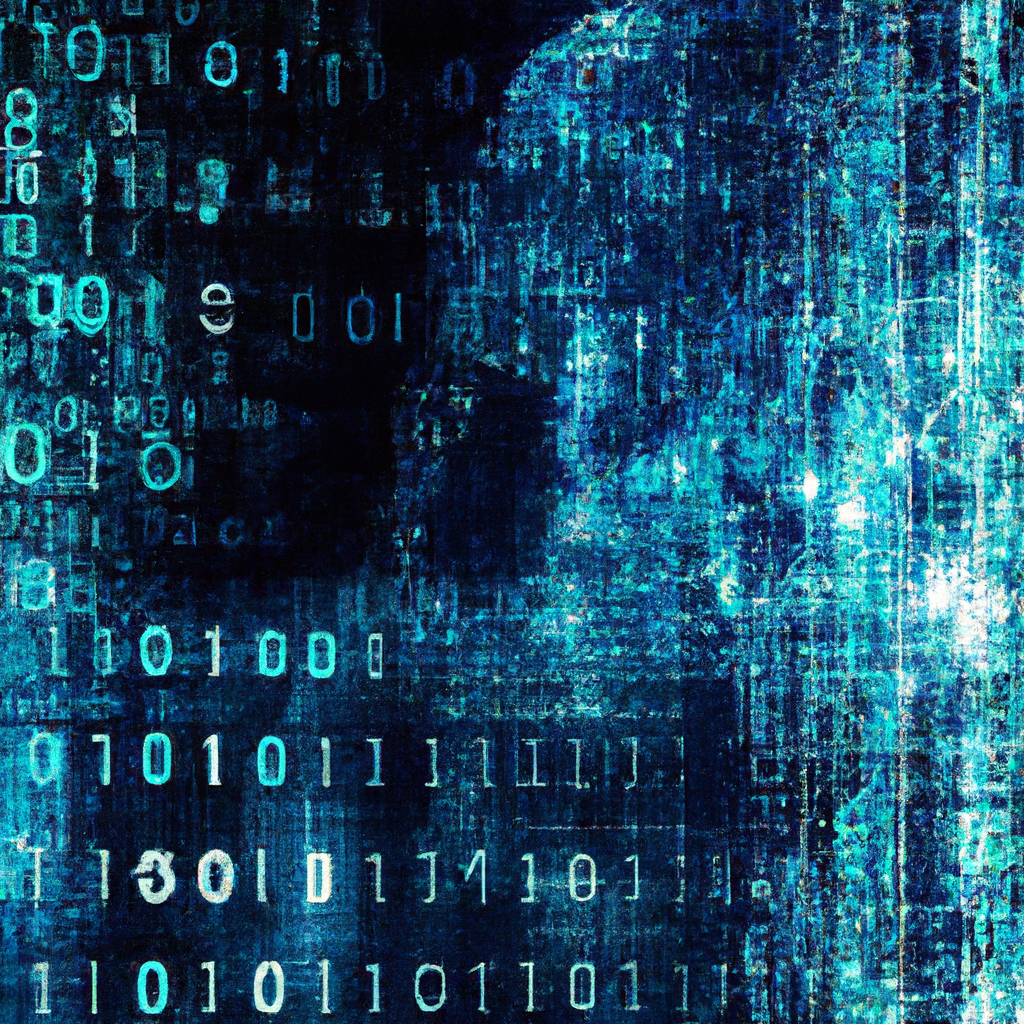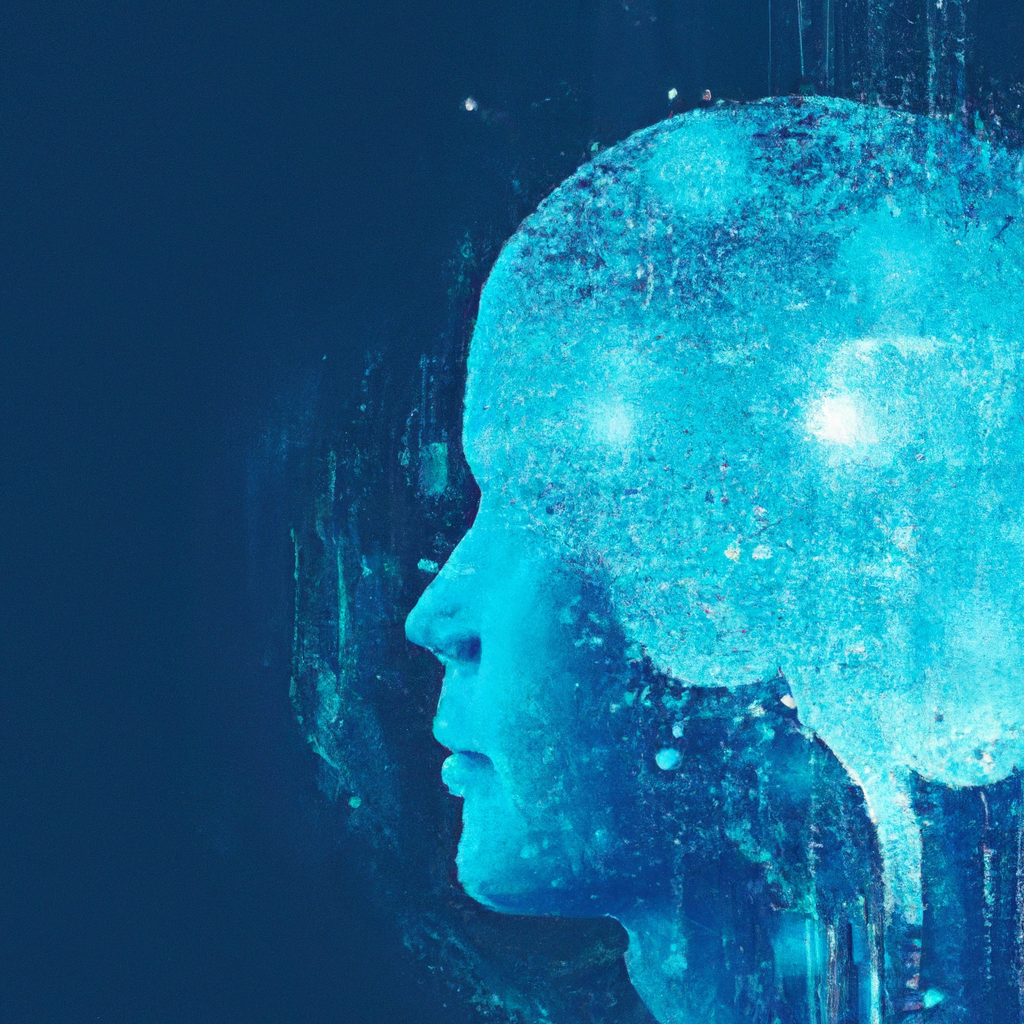In a world where technology is constantly advancing, the use of Artificial Intelligence (AI) has become increasingly prominent. However, with this rapid development comes the responsibility of ensuring that AI is harnessed for the greater good. The question arises: how can we guarantee that AI is utilized to promote peace and understanding? It is crucial to establish ethical guidelines and prioritize transparency, collaboration, and empathy. By doing so, we can navigate the complex landscape of AI development and deployment, ultimately fostering a future where technology serves as a catalyst for peace and understanding among diverse communities.

Ensuring AI is Used for Peace and Understanding
Artificial Intelligence (AI) has the potential to revolutionize various aspects of society, from healthcare to transportation. However, as AI becomes more prevalent, it is crucial to ensure that it is used ethically and for the betterment of humanity. This article will delve into the key measures that can be taken to ensure that AI is used for peace and understanding.
Creating Ethical Guidelines
One of the fundamental ways to ensure the ethical use of AI is by establishing clear guidelines. These guidelines should outline the ethical principles that should be followed when developing and deploying AI systems. Defining ethical principles not only sets standards for AI developers but also assists policymakers and users in understanding the expectations surrounding AI.
To create comprehensive ethical guidelines, it is crucial to involve diverse perspectives in their development. This ensures that the guidelines consider a wide range of viewpoints, thereby reducing the risk of biased or discriminatory outcomes. By incorporating the insights and opinions of experts from various fields, such as ethics, social sciences, and technology, the guidelines can be made more robust and representative of societal values.
Moreover, ethical guidelines should not be treated as one-size-fits-all. Different contexts and environments require specific considerations. Adapting ethical guidelines to different contexts ensures that they align with regional values, cultural norms, and legal frameworks. This flexibility allows for the ethical application of AI across diverse settings, promoting peace and understanding globally.
Ensuring Transparency in AI Systems
Transparency is imperative to build trust between AI systems and society. By making AI systems transparent, users can better understand how they operate, thus reducing suspicions and fear associated with AI. Moreover, transparency enables accountability, as it allows various stakeholders to assess AI systems’ fairness, accuracy, and compliance with ethical guidelines.
Open source AI plays a significant role in ensuring transparency. Releasing AI algorithms and models as open source allows experts and researchers to assess and scrutinize them. This encourages the identification of potential biases, discriminatory patterns, or ethical concerns. Open source AI fosters an environment of collaboration and innovation, promoting the development of fair and responsible AI systems.
Additionally, clear communication of AI processes is essential to ensure transparency. Developers and organizations must provide comprehensive explanations of how AI systems make decisions or predictions. By giving users insights into the factors considered by AI systems, they can understand the reasoning behind the outputs, leading to increased trust and understanding.
Furthermore, providing access to AI algorithms and data is crucial for third-party evaluation and auditing. Independent assessments of AI systems help identify any potential ethical lapses, bias, or discrimination. Making AI algorithms and data accessible to researchers and regulators enables a collective effort in ensuring that AI systems operate in alignment with ethical values.
Promoting Collaboration and International Cooperation
Promoting collaboration and international cooperation is vital for the ethical use of AI. AI knows no borders, and its impacts can extend globally; therefore, it is essential to foster cooperation between countries, organizations, and researchers. By working together, stakeholders can share insights, best practices, and knowledge, creating a more inclusive and cohesive AI community.
Establishing international AI agreements and standards is an effective means of promoting collaboration. These agreements can outline the ethical expectations and responsibilities that countries should uphold regarding AI development and deployment. By agreeing upon common principles, countries can work together towards a shared goal of utilizing AI for peace and understanding.
Sharing best practices and knowledge is another crucial aspect of collaboration. Countries and organizations should actively engage in knowledge-sharing initiatives, conferences, and forums, where experiences and lessons learned in AI development and ethical practices are shared. This exchange of information fosters a collective learning environment, allowing stakeholders to benefit from each other’s expertise.
Moreover, collective decision-making on AI applications can be instrumental in ensuring inclusive and fair outcomes. By involving various stakeholders, including experts, policymakers, and affected communities, in the decision-making process, the concerns and perspectives of diverse populations can be adequately represented. This participatory approach promotes the ethical use of AI, avoids unintended consequences, and enhances overall understanding and trust.

Fostering Cultural Understanding
For AI to play a positive role in promoting peace and understanding, it is essential to foster cultural understanding within AI systems. AI algorithms and models should be trained on diverse data that represent different cultures, ethnicities, and backgrounds. By leveraging diverse datasets, AI systems can avoid biases and ensure fair representation of various communities.
In addition to diverse data, cultural context should be considered during AI development. Understanding cultural nuances, values, and norms helps avoid misunderstandings or misinterpretations by AI systems. By integrating cultural understanding, AI systems can provide more accurate and unbiased results, fostering mutual understanding and respect among diverse populations.
Furthermore, AI can actively contribute to promoting cross-cultural interaction. Natural language processing and translation capabilities can facilitate communication and understanding between individuals from different linguistic backgrounds. By acting as a bridge for communication, AI can play a pivotal role in breaking down barriers, promoting inclusivity, and encouraging peaceful interactions among people from diverse cultures.
Educating Users about AI
Promoting peace and understanding through AI also requires educating users about AI technologies and their potential implications. AI literacy should be a priority to ensure users can make informed decisions regarding the use of AI and understand its limitations and risks.
Raising AI literacy starts with providing accessible and comprehensive information about AI to the general public. This can be achieved through public awareness campaigns, educational programs, and online resources that explain the basics of AI, its potential benefits, and the ethical considerations associated with its use. By empowering individuals with knowledge, they can make informed decisions regarding AI adoption, contributing to peaceful and responsible utilization of the technology.
Furthermore, promoting responsible use and understanding of AI should be a core component of AI education. Users should be made aware of the potential biases, risks, and limitations of AI systems. Ethical considerations, such as privacy protection and the impact on marginalized communities, must be emphasized to ensure users engage with AI in a responsible and conscientious manner.
Additionally, informed consent should be prioritized when it comes to AI applications that involve personal data or potentially affect individuals’ lives. Users must have a clear understanding of how their data will be used, who will have access to it, and the potential implications of AI-driven decisions. By obtaining informed consent, AI applications can be developed and used in a manner that respects individuals’ autonomy and promotes trust.

Integrating Human Judgment in AI Systems
While AI systems offer immense capabilities, integrating human judgment is crucial to ensuring their ethical use and promoting peace and understanding. Human oversight and decision-making mechanisms are necessary to prevent potential biases, discriminatory outcomes, or unethical practices.
Designing AI systems with human-augmented intelligence enables a collaborative approach between humans and AI. Instead of fully automated decision-making, AI systems can be designed to provide recommendations or support human decision-making processes. By taking into account human values, ethics, and intuition, AI can enhance decision-making while ensuring that ultimate control and responsibility remain with humans.
Moreover, maintaining human control over AI applications is imperative. Humans should retain the ability to intervene, modify, or override AI-driven decisions when necessary. This ensures that individuals can step in and prevent any potential harmful consequences caused by unintended biases or faulty algorithms. Human control safeguards against the overreliance on AI and preserves the accountability and ethical considerations associated with human judgment.
Addressing Bias and Discrimination in AI
One of the critical challenges in AI systems is the potential for biases and discrimination. To ensure peace and understanding, it is important to address these issues and mitigate their impact on AI applications.
Ethical data collection and processing are crucial steps in minimizing biases. AI systems should use representative and diverse datasets that encompass a wide range of demographics and perspectives. By consciously collecting inclusive and unbiased data, the risk of perpetuating existing biases or discriminatory patterns in AI systems can be reduced.
Moreover, diverse and inclusive datasets should be prioritized. AI systems should account for the demographics and characteristics of different communities to avoid marginalization or exclusion. By ensuring diverse representation within datasets, the outputs of AI systems can be fair and equitable, promoting understanding and inclusivity.
Algorithmic audits and bias testing are important tools in addressing bias and discrimination in AI systems. Regular assessments of AI algorithms can identify potential biases or discriminatory patterns in decision-making processes. By conducting comprehensive audits, developers and researchers can work towards eliminating biases or making necessary adjustments to ensure equitable outcomes.

Monitoring and Accountability for AI Systems
To ensure that AI systems are used ethically for peace and understanding, there must be robust monitoring and accountability mechanisms in place. Regular evaluations and audits of AI systems are essential to assess their compliance with ethical guidelines, identify potential weaknesses, and address any ethical lapses.
Establishing AI ethics committees can be instrumental in monitoring and evaluating the ethical implications of AI systems. These committees should consist of experts from diverse disciplines who can evaluate AI technologies’ social and ethical implications. They can provide guidance, assess ethical concerns, and recommend improvements, fostering an ongoing process of refining AI systems.
Identification and correction of ethical lapses in AI should be a priority. When ethical concerns or violations are identified, appropriate actions should be taken promptly. This may involve discontinuing the use of problematic AI systems, modifying algorithms, or introducing corrective measures to rectify any harm caused. Demonstrating accountability instills trust and confidence in the users and the wider society.
Establishing Legal Frameworks for AI
To further ensure the ethical use of AI, legal frameworks specific to AI need to be established. These frameworks should encompass regulations, policies, and guidelines that govern the development, deployment, and use of AI technologies.
Legal frameworks can help promote peace and understanding by setting clear boundaries and standards for AI applications. They can address issues such as privacy protection, data security, algorithmic transparency, and the liability of AI systems. Clear legal guidelines provide a basis for responsible AI development and deployment, ensuring that AI systems benefit humanity while minimizing risk and harm.
Furthermore, legal frameworks should incorporate mechanisms for enforcement and accountability. Establishing penalties or consequences for non-compliance with ethical guidelines can deter unethical practices and promote responsible behavior. By enforcing legal measures, the ethical and responsible use of AI can be incentivized and supported.

Promoting Ethical Use of AI in Warfare
AI’s potential use in warfare raises significant ethical concerns, and it is crucial to establish guidelines to ensure its ethical use. The promotion of peace and understanding should be at the core of AI applications in the military domain.
A ban on autonomous lethal weapons is a crucial step in promoting ethical use of AI in warfare. Autonomous weapons that can make lethal decisions without human control or intervention carry significant risks and ethical implications. By prohibiting the development and use of such weapons, the focus can shift towards utilizing AI for nonviolent conflict resolution and minimizing harm in military operations.
Designing AI systems for nonviolent conflict resolution should be a priority. AI technologies can be used in diplomatic negotiations, peacekeeping missions, and other conflict resolution processes. By leveraging AI’s capabilities to de-escalate conflicts and foster dialogue, the potential for peaceful resolutions can be enhanced.
Ethical guidelines specific to AI applications in military operations should be established. These guidelines can cover areas such as proportionality, human control, adherence to international humanitarian law, and considerations for minimizing civilian casualties. By promoting ethical frameworks within military organizations, the use of AI can be aligned with peaceful and humanitarian objectives.
In conclusion, ensuring that AI is used for peace and understanding requires a multifaceted approach. Ethical guidelines, transparency, collaboration, cultural understanding, education, human-centered design, addressing bias and discrimination, monitoring, legal frameworks, and promoting ethical use in warfare are all integral components in harnessing AI’s potential for the betterment of humanity. By implementing these measures, we can shape a future where AI promotes peace, fosters understanding, and contributes to a more equitable and compassionate world.










